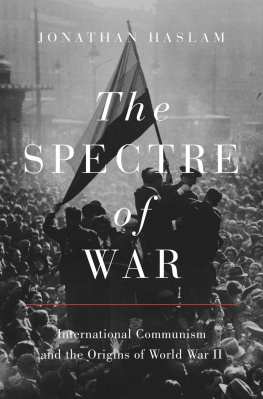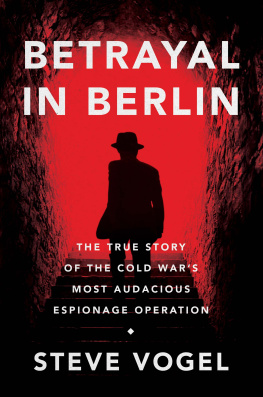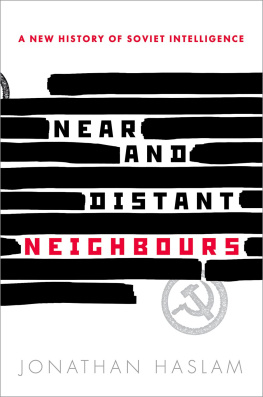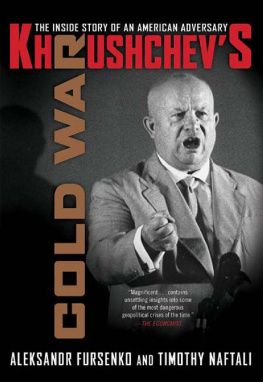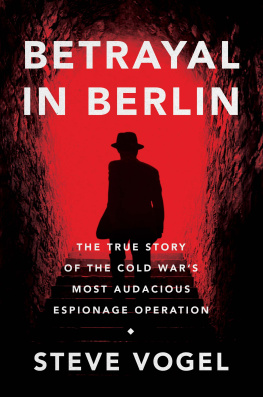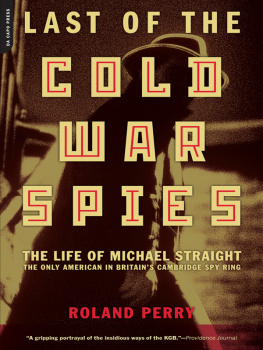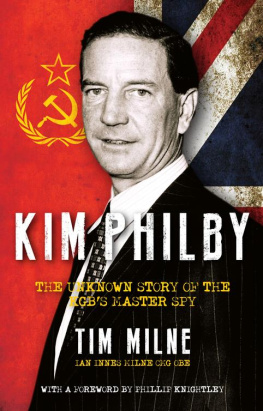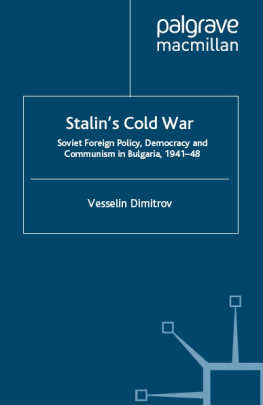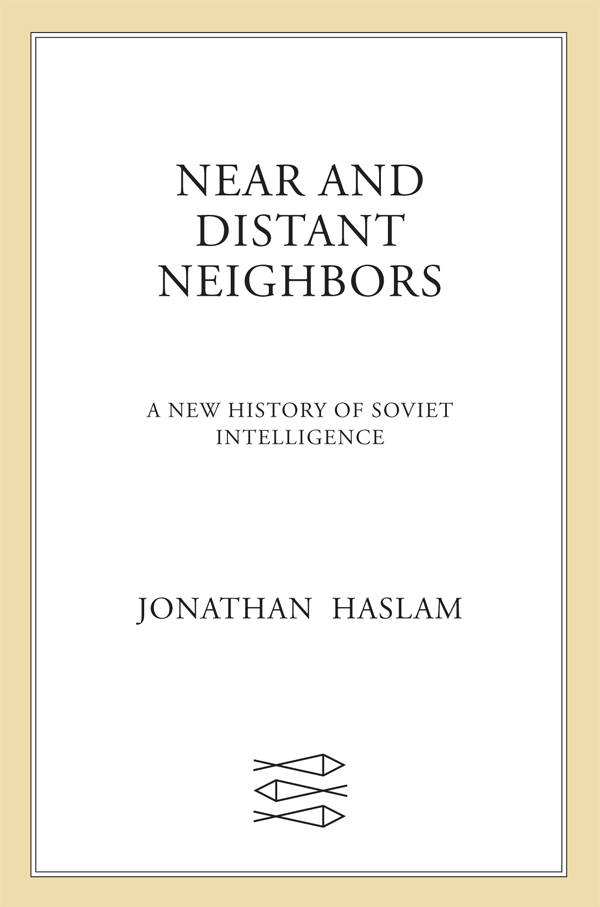Contents
Guide

The author and publisher have provided this e-book to you for your personal use only. You may not make this e-book publicly available in any way. Copyright infringement is against the law. If you believe the copy of this e-book you are reading infringes on the authors copyright, please notify the publisher at: us.macmillanusa.com/piracy.
Intelligence is for us sacred, a matter of ideals.
Stalin
Fear has large eyes.
Russian proverb
Agenturst : operative responsible for running agents
Aktvnaya razvdka / aktvka (active intelligence): terrorism and sabotage
Aktvnye meropriytiya (active measures): black propaganda, dirty tricks, etc.
Boeve shfry : working ciphers
Bolshi Dom (literally, the Big House): Comintern; later the Lubyanka
Chertvyrtyi : the Fourth Directorate of the Staff/General Staff, later GRU
Dez ( dezinformtsiya ): disinformation
Enkavedst : employee of the NKVD (GUGB), state security
Ente-ervsev : scientific and technical intelligence operative
Gmma : ciphering sequence/one-time pad
Gebst : state security operative
Gebervskii : state security operative
Gereshnik : GRU operative
Kagebst/kagebshnik : KGB operative
Kirpch (literally, brick): watchman on delegations abroad
Komittchik (literally, committee man): KGB operative
Kontra (literally, office): KGB First Main Directorate at Yasenevo
Krokst : counterintelligence operative, state security (OGPU)
Krsha (literally, roof): cover
Lstochnik (swallow): female operative employed for seduction
Les (the woods): KGB school, later the First Main Directorate at Yasenevo
Lzung : a crib for breaking open a cipher
Marshrtnyi agnt : employee of state security handling communications
Nevidmyi front (invisible front): secret intelligence
boroten (literally, shapeshifter): turncoat/traitor
Omsvets : operative in Cominterns department for international communications
Opr : abbreviation for either Operatvnyi sotrdnik/ofitsr or Operabtnik
Operabtnik : KGB operative
Operatvnyi sotrdnik / ofitsr : GRU operative
Opertkhnik : a technical operative
Operupolnomchennyi : one responsible for a particular operation
Osobsty : GRU officers
Osbye meropriytiya (special measures): assassination and other tasks approved only by the Politburo
Osbye zadchi (special tasks): assassination and other tasks approved only by the Politburo
Osvedomtel : information operative
Pe-ervets : political intelligence operative
Podkrshnik : operative under deep cover
Razvdupr ( Razvedyvatel noe upravlenie ): a generic term for military intelligence
Rezident : chief of a secret intelligence station
Rezidentura : secret intelligence station
Sapog (boots): KGB term for GRU counterparts
Sem (literally, removal): seizure of a traitor
Shifrogrmma : ciphered telegram
Svdba (literally, wedding): seizure of a traitor
Tsereshnik : CIA officer
Verbvshchik : operative specialising in recruitment
Vorn (raven): male operative employed for seduction
Zagrantchka : overseas post
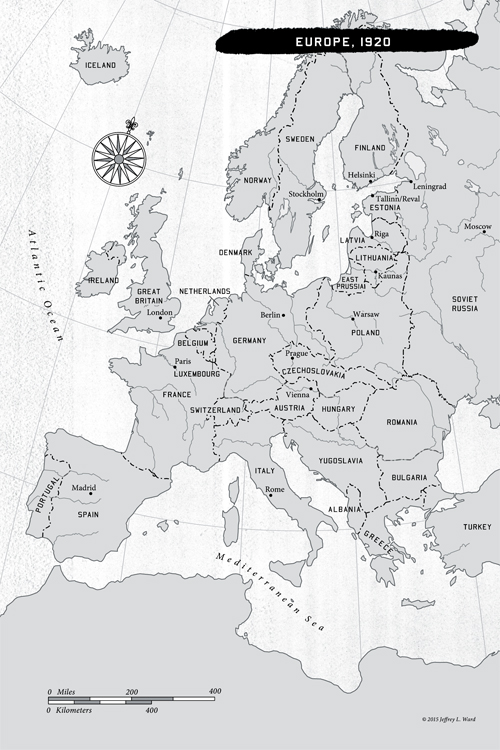
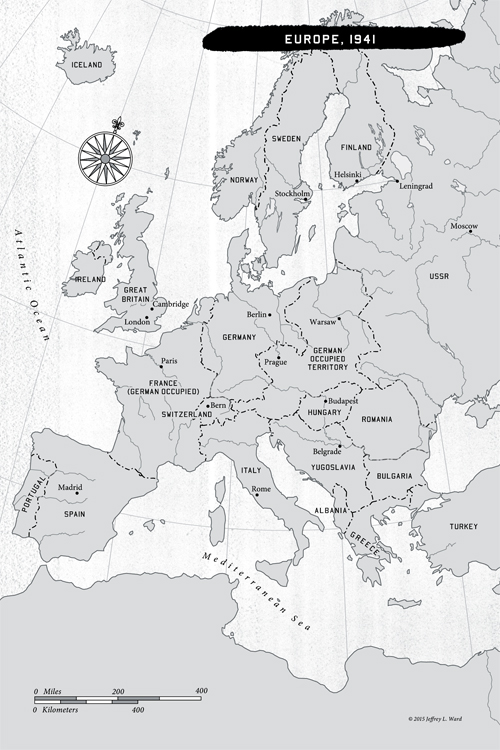
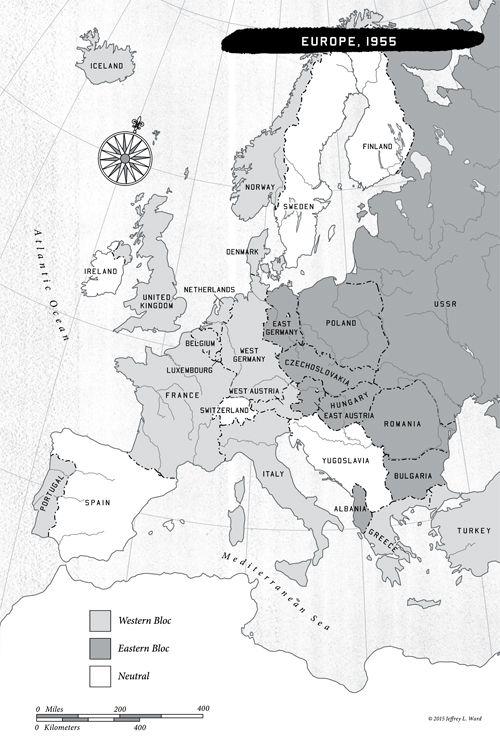
The role of secret intelligence in the history of international relations has long been a neglected one. To the undaunted icebreakers in Britain and the United States who nevertheless forged ahead into these uncharted and inhospitable waters, we owe a debt of gratitude. Their drive for greater openness slowly yielded results on both sides of the Atlantic. Subsequent research on the history of the Western intelligence services has since been made possible by the greater freedom of information such sustained lobbying produced.
In the East, however, even the most optimistic held out no hope that access to similar information could ever be obtained. What did appear invariably originated with defectors from the KGB (such as Oleg Gordievsky) working with the Western intelligence services, and came on trust. Yet even when defectors offered as complete an overview of the KGB as they could manage, their knowledge inevitably fell short given the tight compartmentalisation of official secrets; filling in gaps of knowledge with rumour and guesswork only complicated matters further. And the KGB was not everything. It may have been the largest intelligence service in the world, but it was heavily weighted in favour of its domestic role, a role never played by its military counterpart, the GRU, the second-largest intelligence service in the world. The KGB without the GRU is thus only half the story. Yet there are no GRU memoirs of any consequence; certainly nothing comparable to those from the KGB.
As a result, thus far nothing comprehensive has been produced that takes in all the branches of Soviet intelligence: the KGB and the GRU, human intelligence and communications intelligence, foreign intelligence and counterintelligence operations. Since history is about perspective as well as information, the gaps in knowledge matter a great deal.
To be precise, the most detailed new revelations, notably two weighty volumes coauthored by Christopher Andrew and Lieutenant Colonel Vasili Mitrokhin, focus on the KGB and almost exclusively on the years of the Cold War (19471989). One of the KGBs erstwhile archivists, Mitrokhin had devoted more than a decade and, indeed, risked his life making detailed notes from the files of the First Main Directorate (foreign intelligence) as they were transferred from the Lubyanka, off Gorky Street, to the bright and shiny new headquarters at Yasenevo in the woods. In so doing, he smashed the dam of secrecy that had held firm over seven decades.
Without a doubt, the two books together represent a stunning achievement. They also caused a veritable sensation as Soviet agents, hitherto hidden, were exposed to the intrusive glare of uninvited publicity. Most but not all of these files have now been opened to public inspection at the Archives Centre, Churchill College, Cambridge University. Their availability has unquestionably transformed our knowledge of the inner workings of the KGB in its foreign operations.
The undoubted strengths of Mitrokhins revelations notwithstanding, they are not entirely without problems: most important, the fact that the British government, which authorised release of the files, exercised its censorship over what has been made publicly available. Nine files on Britain and twenty-nine files on the United States (eight hundred pages of dense typescript) remain closed.
Doubtless as a result of restrictions on access imposed by the British, the Russians appear the sole initiators of operations. But are we really to assume that Moscow was alone in taking the initiative, whereas the West only reacted? We know from other operations in the Third World, for instance, that CIA and MI6 hardly sat on their hands. Yet the dirty linen hung out to dry is solely Russian. How can one write a balanced account of a long-standing conflict with more than half the sources deliberately removed?


